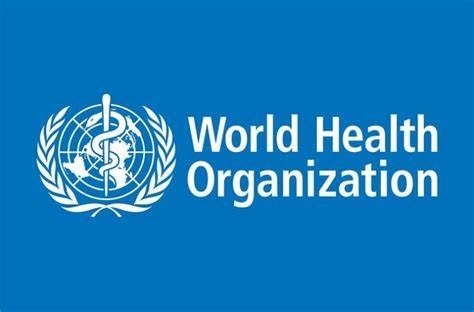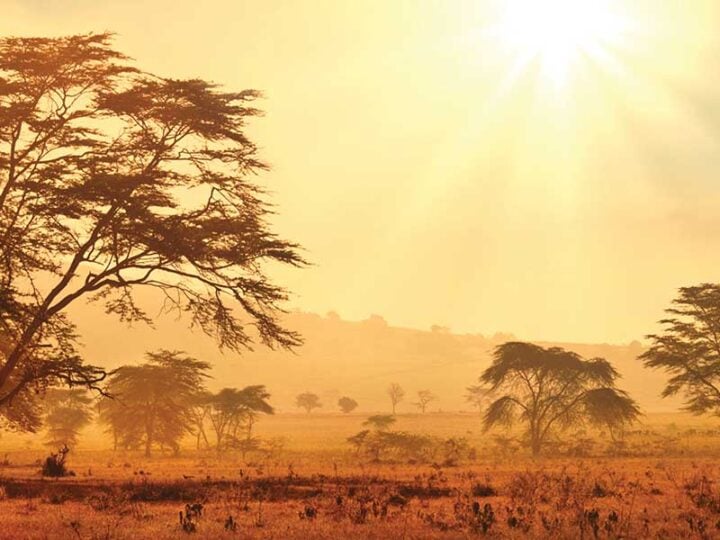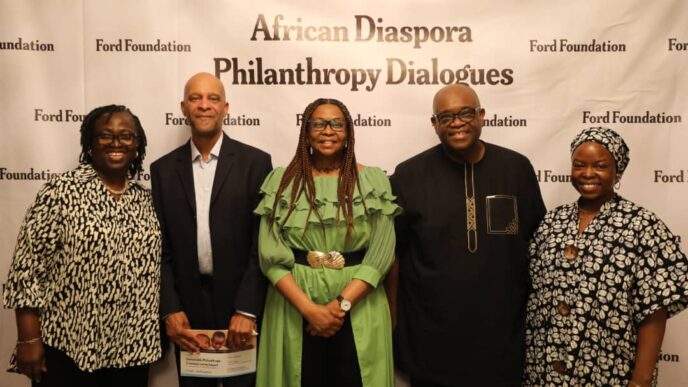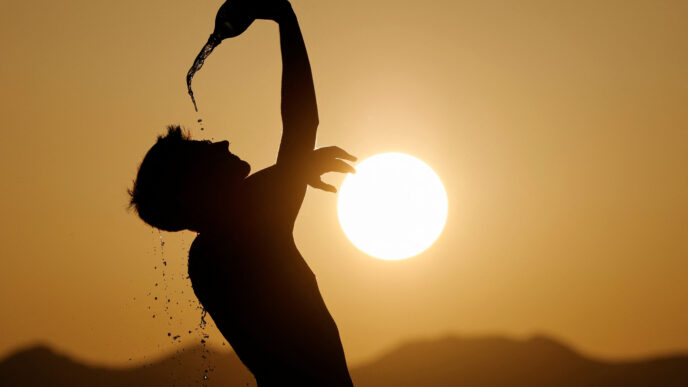Despite directly impacting our communities, health, and livelihoods, climate-related reports usually take a back seat to dominant news beats like politics and business.
Climate Watch aims to ensure you never miss important stories on climate change and actions being taken toward limiting its impact.
Here is a round-up of last week’s climate stories:
- The World Health Organisation (WHO) says more than 175,000 people die from heat-related causes every year in Europe. In a statement on August 1, Hans Kluge, WHO regional director, said more than 50 countries across Europe “are paying the ultimate price,” with temperatures rising at around twice the global average rate. Kluge said 489,000 heat-related deaths occurred each year between 2000 and 2019 globally. He said there has been a 30 percent increase in heat-related mortality in Europe over the past 20 years. Kluge added that governments need to take action to mitigate heat shocks on vulnerable people. “Heat stress is the leading cause of climate-related death in the region. Temperature extremes exacerbate chronic conditions, including cardiovascular, respiratory, and cerebrovascular diseases, mental health, and diabetes-related conditions,” Kluge said. “Extreme heat is a problem, particularly for elderly people, especially those living alone. It can also place an additional burden on pregnant women.“ The development of heat-health action plans is a crucial adaptation process, making communities more resilient to heat waves. “More than 20 countries in the region have such plans in place. While this is encouraging, it is not enough to protect all communities.”
- On July 31, the Kaduna government unveiled a 10-year policy to tackle the impact of climate change in the state. Uba Sani, governor of Kaduna, unveiled the policy at the inauguration of the climate change policy and position statement. Sani said the policy aims at promoting low carbon, climate resilience, gender responsiveness, and sustainable socio-economic development of the state. The governor said the initiative will also guide the state government’s decisions on public education, monitoring systems, and sustainable development programmes. Read more here.
-
Last week, the federal government unveiled an elephant sculpture created from a confiscated wildlife stockpile in Abuja. Speaking during the unveiling of the sculpture, Ishaq Salako, minister of state for environment, said the monument was erected with about 2.5 tonnes of confiscated elephant tusks and ivories. Salako said the sculpture symbolises the government’s zero tolerance for wildlife trafficking in the country. The minister emphasised the need for the protection of the country’s wildlife to maintain ecological balance. Read more here.
Advertisement










